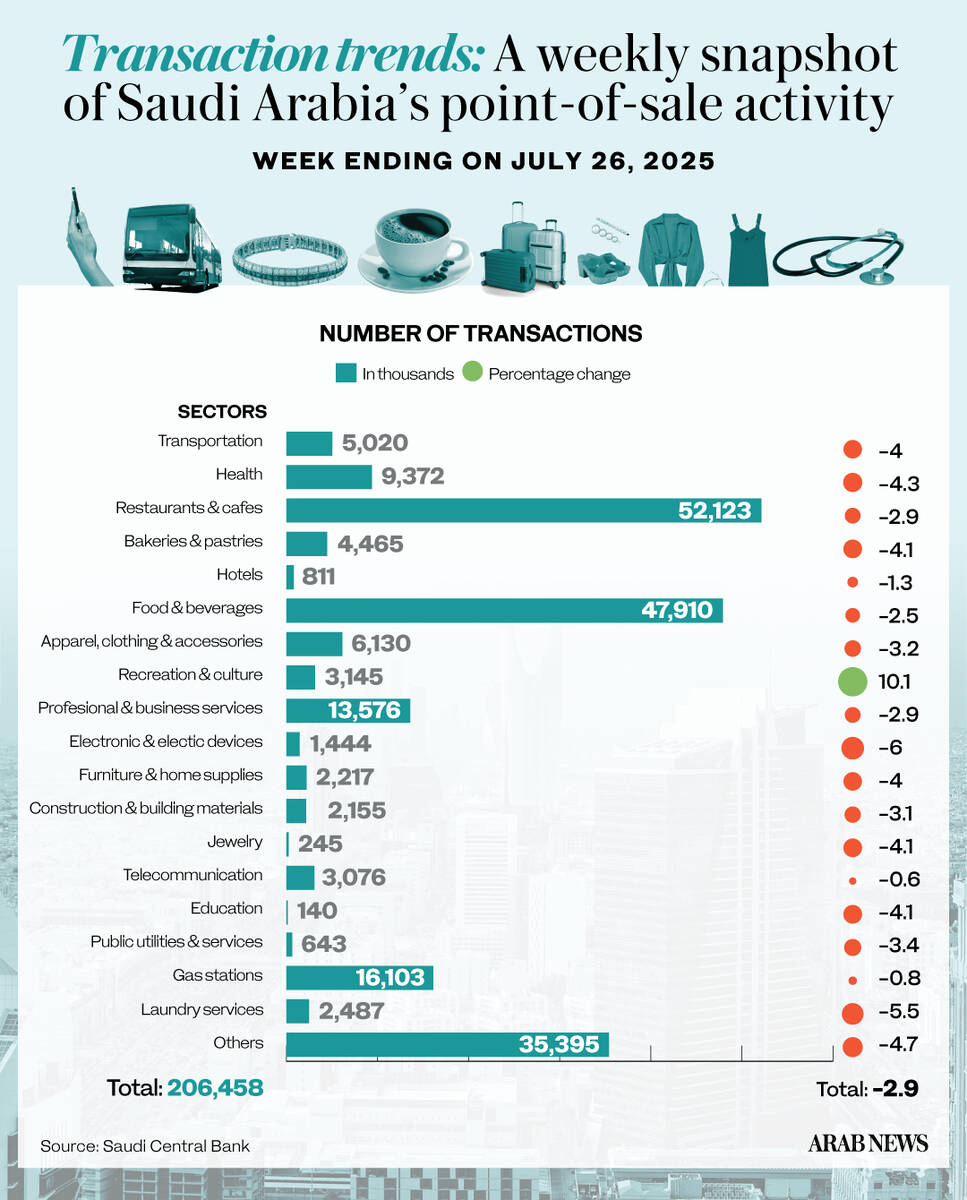KARACHI: The International Monetary Fund’s (IMF) Executive Board will meet on May 9 to review its staff-level agreement with Pakistan for an ongoing $7bn bailout program and a new climate resilience loan scheme with Islamabad, the global lender said on its website recently.
The IMF reached a staff-level agreement with Pakistan in March on the first review of the country’s Extended Fund Facility (EFF) and a new $1.3 billion loan arrangement under the Resilience and Sustainability Facility (RSF). Pakistan secured the EFF program last year and deems it crucial to escape a prolonged economic crisis. The staff-level agreement, once approved by the IMF Executive Board, will pave the way for an immediate disbursement of about $1 billion for Pakistan.
The RSF, on the other hand, will support Pakistan’s efforts in building resilience to natural disasters, enhancing budget and investment planning to promote climate adaptation, improve the efficient and productive use of water. It will also help in strengthening Pakistan’s climate information architecture to improve the disclosure of climate risks and align energy sector reforms with mitigation targets.
“May 9, 2025, Pakistan-first review under the extended arrangement under the Extended Fund Facility, request for Modification of Performance Criteria, and request for an arrangement under the Resilience and Sustainability Facility,” the IMF wrote on its website on Friday, disclosing its Executive Board’s schedule.
Pakistan has been prone to natural disasters and consistently ranks among the most severely affected countries in the world due to climate change effects. Unusually heavy rains and melting of glaciers in 2022 triggered flash floods across the country, killing over 1,700 people and inflicting losses over $33 billion.
The IMF program has played a key role in stabilizing Pakistan’s battered economy, which has made some gains in recent months, most notably a reduced inflation rate. The government has said the country is on course for a long-term recovery, while Finance Minister Muhammad Aurangzeb has vowed Islamabad will continue to implement financial reforms mandated by the international lender.
Pakistan secured the $7 billion loan program in September 2024 as it attempted to consolidate its economy since averting a default in 2023. Islamabad has since undertaken several reforms to reduce public debt, maintain low inflation, improve energy sector viability, and accelerate growth.
Pakistan hopes to achieve further economic progress by increasing its exports and attracting foreign investment from regional allies, particularly the Gulf countries. Islamabad has signed memoranda of association (MoUs) regarding trade and investment worth billions of dollars with Saudi Arabia, the United Arab Emirates, Azerbaijan, China and other countries in recent months.




























